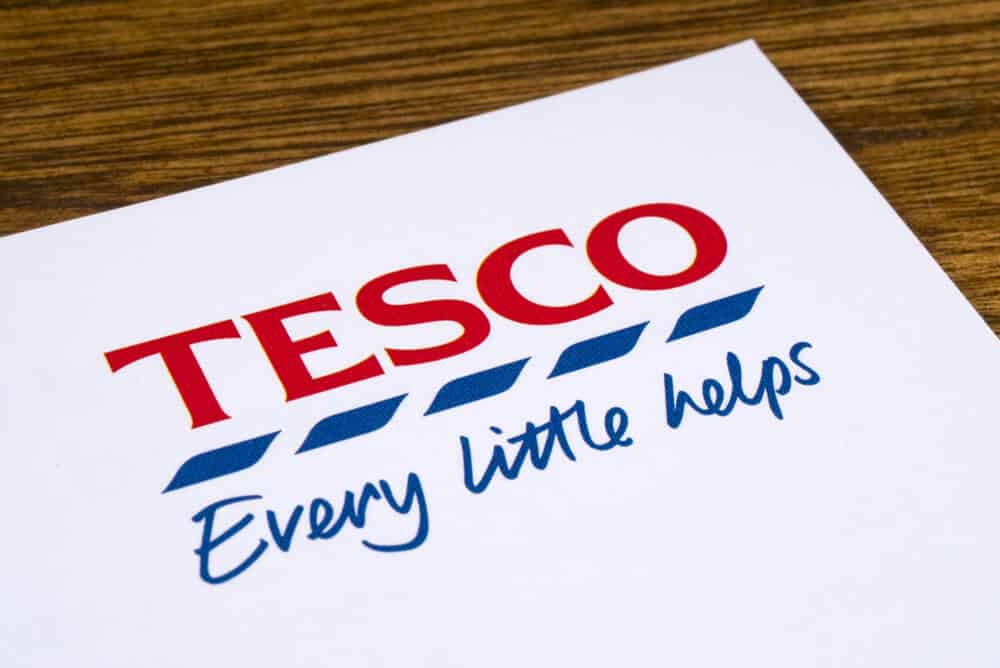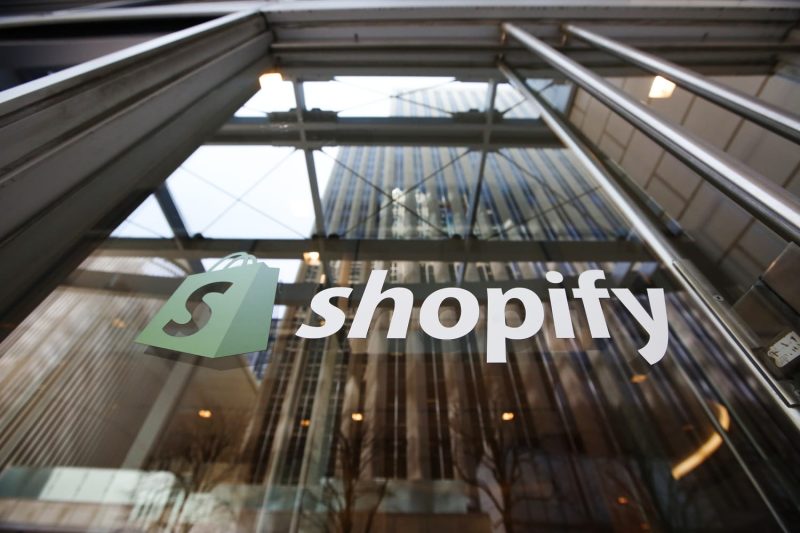Tesco Share Price: Forecast and Live Update

Tesco Share Price: Price Prediction For 2030
Tesco (LSE: TSCO) is one of the largest food retailers in the world, operating thousands of stores in the United Kingdom, Ireland, and Europe. As a nearly iconic market leader in the UK, Tesco holds about 27% of the entire market. In comparison, Asda holds only about half as much as Tesco, with Sainsbury’s also competing in the market. Tesco’s share price today is 325.90.
Tesco primarily operates in supermarkets, as well as in convenience and neighborhood shops. The firm has also made significant strides in the digital sphere, owning 35% of the digital market in the United Kingdom.
Tesco bolstered its presence in the cash-and-carry and out-of-home delivery industries by acquiring Booker for GBP 4 billion in 2018, when Booker was the only large player in these sectors. The industry viewed this acquisition as a noteworthy event. Such acquisitions can significantly impact share prices by enhancing the company’s market position and operational capabilities.
Tesco’s 12-month share price forecast targets 349.00p, with a high forecast of 370.00p and a low forecast of 330.00p. The target price is 10.43% higher than the last recorded price of 316.05p. Tesco Share Price Live Update: Currently, Tesco’s share price on the LSE is at 326.00 GBX, up 0.03%.
What Is The Tesco Share Price Prediction For 2030?
Tesco’s share price forecast for 2030 will depend on several pivotal factors. As of now, Tesco’s dividend yield stands at 4.5%. If the share price and annual payment remain unchanged, shareholders must reinvest the dividends they receive to achieve a 46% gain within 7 years. Tesco has been the best performer in the 2030s, which is indeed dependent upon the significant role of dividends in the total returns.
Retail investors, who are directly responsible for Tesco’s profit-making, own a major part of Tesco PLC, which is about 79.31% of the total shares according to the TipRanks survey conducted recently. This heavy retail ownership features a strong investor base. The company with the highest stake owns more than 50% of Tesco PLC, which is Shares.
Although investors may not consider its share price “cheap,” they see it as reasonably priced compared to other high-quality companies. The combination of strong stock returns, significant retail ownership, and relatively low pricing suggests that TSCO stock could become a great investment when share prices stabilise and dividends are reinvested.
Tesla or Tesco Shares?
Comparing Tesla (TSLA) stock to Tesco PLC (TSCO) shares highlights the different investing stories. For Tesla’s share price in 2021, it has gone through significant change with levels of volatility that are characteristically found in high-growth stocks. Tesla’s stock price peaked in 2021 before dropping, reflecting the obvious dangers and sharp transitions associated with the company’s growth. On the other hand, Tesco has seen its share price move very little over the last five years, pointing to its steady market position.
Tesla’s expected future growth greatly influences its valuation, as indicated by its high price-to-earnings (P/E) ratio of 95. This mighty P/E ratio of Tesla points toward the fact that stock investors anticipate high or better potential for future profits from the company. Pundits foresee Tesla’s decrease of P/E ratio to 44 within the next few years as it matures, and its earnings become more stable. The side-by-side comparison between the two companies showing growth stocks and more traditional, stable investments represents the founding differences.
20,000 Tesco Workers Are Set To Split £30M
The company has announced that 20,000 employees will share £30 million in profits gained from its share schemes. For example, a worker who contributed an average of £68 a month to the scheme for five years would realize £6,640, significantly more than the £2,560 profit from a typical pension plan. This approach is a more efficient way to improve the tax system and encourages employees to invest in the company’s success.
Currently, Tesco stock rates are at £3.06, which is the price at which they can be sold at any given moment. On the other hand, employees can buy the same stock for about £1.88, but the company limits this offer to a maximum of £500 per month. Those employees that showed consistency in their investment activities will receive generous returns, some of which may be in the region of £10,000 over a three-year period and £20,000 over a five-year period.
To put it short, the firm’s stable financial results, its reliable dividend yield, and serious retail ownership put the company in a good position to become an outstanding investment partner by 2030.
The post Tesco Share Price: Forecast and Live Update appeared first on FinanceBrokerage.




